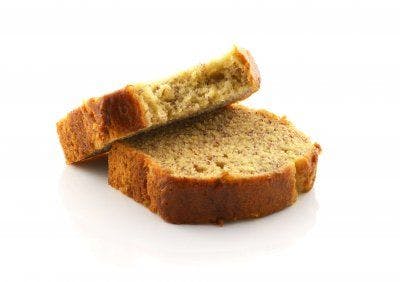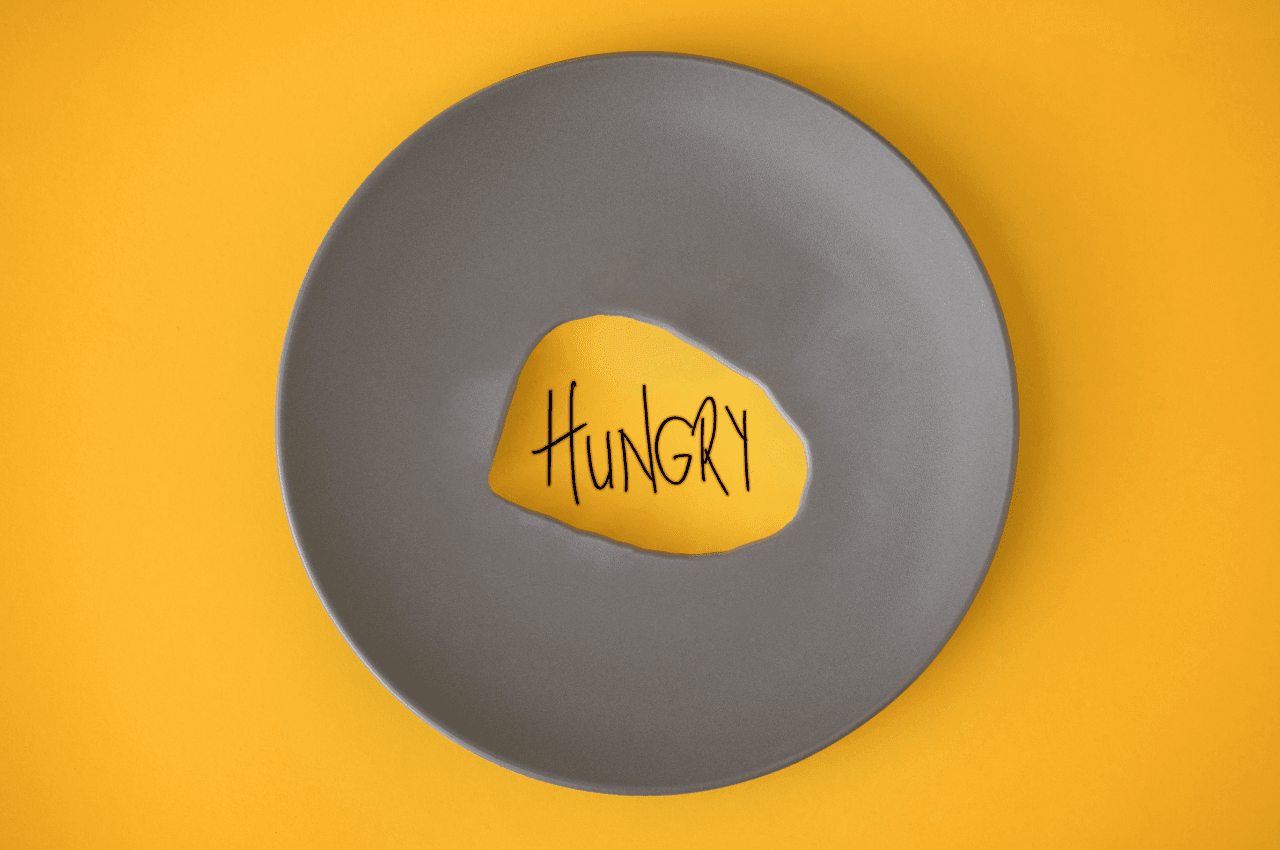How To Lower Your Blood Pressure Naturally
•Wellbeing

Share
High blood pressure – also known as hypertension – is a common condition. According to The Heart Foundation, around one in four Australian adults have high blood pressure.
Why It Matters
Hypertension increases the risk of developing heart disease, which women are more at risk of than men, and there are several reasons for this.
Coronary heart disease was considered a “man’s disease”. Post-menopause is when we’re most at risk, but more women are being diagnosed as young as 30. We also tend to present different symptoms than men such as shortness of breath or pain in the upper abdomen, back, jaw, neck and throat.
We’re also biologically smaller than men, and this includes our arteries! Heart disease in women tends to affect smaller arteries that work to “feed” the heart.
Adopt A Heart-Healthy Diet
The healthier your heart, the lower the chances of developing high blood pressure! There are some foods to add, and some to avoid.
Eat More Fruit: Apples, pears, oranges, and other citrus fruits.
Eat More Vegetables: Leafy green vegetables, broccoli, cauliflower, green beans, carrots and capsicum.
Eat More Wholegrains: Rolled oats, wholegrain pasta and rice, and wholegrain bread.
Eat More Nuts & Seeds: Almonds, pistachios, walnuts, macadamias, chia seeds, flaxseeds, hemp seeds and sunflower seeds.
Limit Dairy: Switch to low-fat or zero-fat milk, or nut milks.
Limit Processed Foods: Fast food, fried foods, crackers, baked goods, ice cream.
It’s also a good idea to lower your alcohol intake as too much can raise blood pressure as well.
If you use butter as your go-to spread, give these spread swaps a go to maximise your heart health.
And sometimes we think we’re eating well when we’re not! Check out snacks you think are healthy but really aren’t.
Regular Exercise
Regular exercise causes your heart rate to increase, and overtime this strengthens the heart, meaning it’ll require less effort to pump blood to where it needs to go. This pressure on your arteries lowers your blood pressure.
Try getting more steps in, or even incidental exercise like cleaning can help! If you work in an office, give deskercise a go, and the next time you’re scrolling through Netflix, check out their workout videos!
Better Sleep & Less Stress
Sleep accounts for one third of our life! And it’s necessary for optimal physical and mental health, and this includes keeping our blood pressure in a healthy range. Sleep needs can vary from person to person, but seven to nine hours is still the ideal range.
Check out our guide to a good night’s sleep to make sure you're getting quality shut-eye.
As for stress, there’s a link between too much and hypertension, so try managing your stress levels – quality sleep helps with this. You could also try meditation, practice slow mornings or try adopting a self-care routine.
Check out the importance of self-care, it’s more beneficial than you might think.
Takeaways
Keeping your blood pressure in a healthy range lowers your chances of developing heart disease, stroke, chronic kidney disease and more. High blood pressure doesn't always have visible symptoms, so regular health check-ups are a must!
Healthy lifestyle changes are effective in lowering your blood pressure, so if you've got hypertension, try chese changes and see for yourself.






